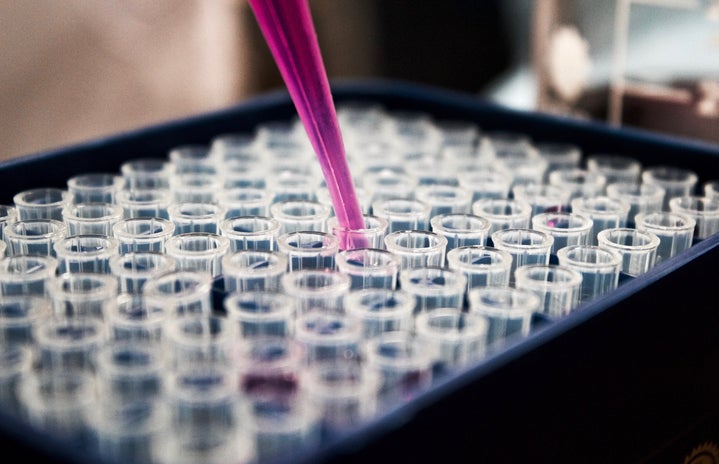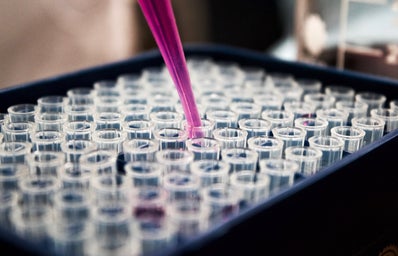With the pandemic of the new coronavirus taking over much of 2020 in every corner of the planet, various elements and aspects of society came to be seen with other eyes. One of those elements was science.
Defined by UNESCO as the “set of organized knowledge on the mechanisms of causality of observable facts, obtained through the objective study of empirical phenomenal”, science currently functions as the main area for coping with the pandemic.
As in other moments of previous crisis, scientific research and critical thinking can create a scenario in which innovation generates the possible resolution of problems.
But, apart from the moments of crisis, we know that science is not seen with eyes so bright. In Brazil, by the end of October 2019, university and research institutions had lost nearly 18,000 scholarships. In total, 87.7% of the R$4.9 billion budget allocated to the National Fund for Scientific and Technological Development (FNDCT) are now frozen and cannot be used.
- Is It Possible To Do Research Without Being Able To Leave Home?
-
“What I missed most was going to the library, consulting materials, papers by other researchers and journals”, says Ivana Fontes, a researcher in the scientific initiation of Casper Libero College.
The pandemic made many practical aspects that were part of the methodology and development of scientific research become unfeasible to do. “If doing research has never been easy, the pandemic made it more difficult, because it ended up hindering the day-to-day research”, says Luís Mauro Sá Martino, currently professor of journalism and master’s degree at Casper Libero College. The professor has a master’s and doctorate in Social Sciences from PUC-SP and post-doctorate at the University of East Anglia (Norwich, UK).
In addition to the complications that exist around the guarantee of resources and funds for conducting research, the distancing and social isolation make the methodology find even more obstacles. “In social sciences, anthropology or sociology, fieldwork is fundamental” says the professor.
- The Importance Of Science In Times Of Crisis
-
With the crisis triggered and, consequently, problems and tragic situations emerging more and more, the existence of a scientific basis to be able to deal better with this whole problem becomes even more important.
“Science is indispensable in life. Not only for the current problem, but also for creating a vaccine or a cure, for example. But as a policy that always needs to be cultivated.”, says Professor Luís Mauro.
Far from bringing definitive answers, the value of encouraging science lies in the fact of the problematic and criticality in the look of everyday things. And this extends to all areas of scientific research, which in each particularity manages to understand different layers of the individual and society as a whole.
“Now in the pandemic it is very evident how much we need the sciences, both exact and biological, to give a direct response to the crisis of the pandemic, and of the human, to explain and show how people get at this time […] And when you understand a situation, you open the way to transform it”, said the professor.
- The Need To Transform The Vision Of Science Into Common Sense
-
With the vaccine being one of the most discussed and expected topics by humanity during this Covid-19 pandemic, science ends up being a larger part of the debates and conversations present in the common sense environment.
However, even though it is more referenced and commented, science still carries an old vision that establishes two extremes of judgment: one of overvaluation and the other of contempt and neglect.
“Either science is overvalued -as a place where there are right answers to everything, and that’s a bit part of the scientist’s stereotype-, either it’s devalued -showing that research is of no use and does not change anything”, says Professor Luís Mauro.
Able to transform structures present for a long time in our society, the new coronavirus pandemic also shows, in another way, the impact of science on the day-to-day life of all of us.
———————————————————————-
The article above was edited by Laura Enchioglo.
Liked this type of content? Check Her Campus Casper Libero home page for more!


